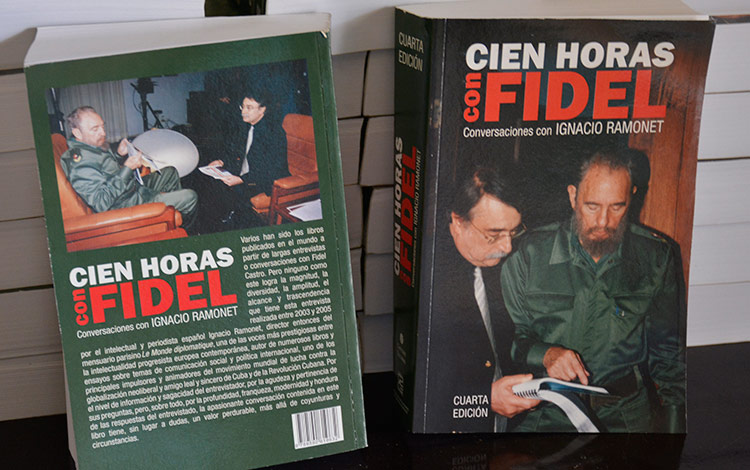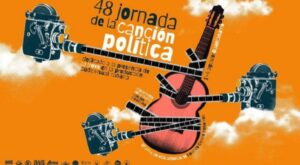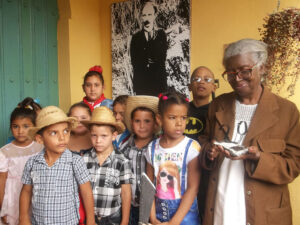«Many indelible memories remain with us, which is why I say he was one of the noblest, most extraordinary and selfless men I have known. This wouldn’t matter if one didn’t believe men like him exist by the millions – millions upon millions – among the masses. Singularly outstanding men could achieve nothing unless millions like them possessed the embryo or capacity to develop such qualities. That is why our Revolution prioritised fighting illiteracy and advancing education – so all may become like Che.»
Thus concludes Chapter 14 of *One Hundred Hours with Fidel* (Social Sciences Publishing House and State Council Publications Office, 2020), where the Commander in Chief speaks to his interviewer, intellectual Ignacio Ramonet (Spain, 1943), about Ernesto Guevara. He does so with honesty, admiration, and meridional clarity, rendering the reading as absorbing as it is fascinating.
These are the defining features of the interview-book, born of encounters between 2003 and 2005, which continues to captivate just as powerfully as nearly twenty years ago. Back then, those of us now adults were merely curious adolescents, beginning to know Fidel seriously through those initial tabloids that popularised *One Hundred Hours…* as copies passed hand to hand.
Within lay personal perspectives on events studied in classrooms, alongside explorations of recent Cuban history that some might have considered taboo. Above all, there emerged Fidel’s manner of communication: engaging, intelligent, lucid, accessible to all people.
Today, with Fidel no longer physically present, the book not only endures for those seeking deeper understanding of his legacy, but acquires new dimension: gifting us a leader’s thought-processes, his vision of historical currents, and reflections helping us comprehend our origins while analysing contemporary complexities shaping national discourse.
As Ramonet noted in the volume’s introduction, this would constitute «a sort of ‘dual-voiced biography’, a political testament, a self-assessment». In the fourth edition’s preamble, he further explained that among the conversation’s aims was «to ‘hear’ the arguments of one of the most relentlessly attacked personalities, simultaneously among the most censored by major media outlets».
Also, to «attempt unveiling the ‘Fidel Castro enigma’. How did a child born into rural isolation, to wealthy, conservative, uncultured parents – educated by Francoist Jesuits in Catholic institutions reserved for elites, mingling with high-bourgeoisie heirs at Law School – become one of the great revolutionaries of the twentieth century’s latter half?»
The journalist additionally sought to reveal his interlocutor’s private self beneath the armour of public roles. And he discovered – as revealed in the aforementioned introduction – an almost shy, courteous and gallant man, attentive to every conversational partner, speaking plainly without affectation; possessing manners and gestures of old-world courtesy, ever mindful of others, yet with overwhelming presence; no luxuries, austere furnishings, healthy and frugal meals, and monk-soldier habits.
Alongside Gianni Miná’s *A Meeting with Fidel*; Frei Betto’s *Fidel and Religion*; Tomás Borge’s *A Grain of Corn*; and Katiuska Blanco’s *Guerrilla of Time*; *One Hundred Hours…* contributes to delivering the truth of a brilliant man whom Cuba can and will forever cherish.
Fidel is a country. Approaching his centenary, rereading texts that bring him nearer is also to behold the Island, and understand its greatness and singularities as a nation.




